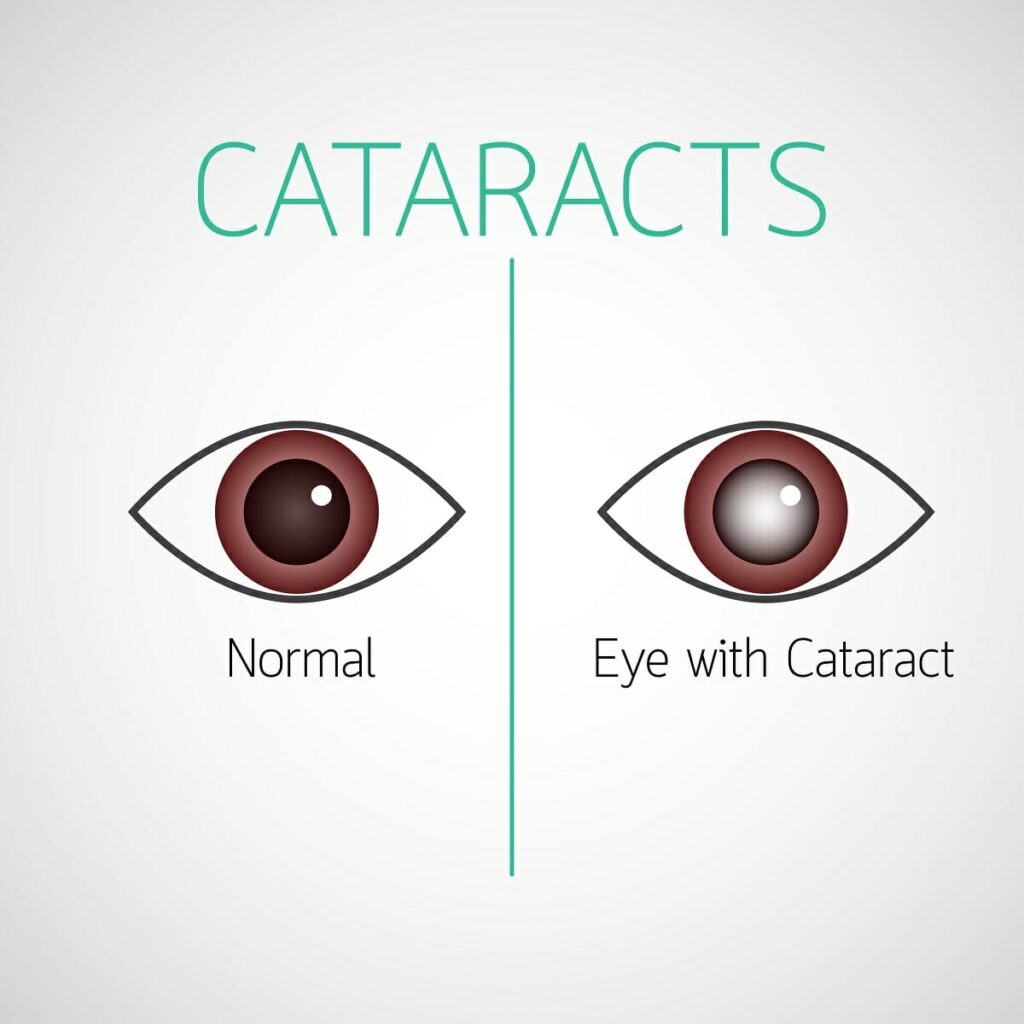Dr. Linda Vu cares deeply about her patients’ ocular health, and is committed to raising awareness about important eye conditions. Along with the American Academy of Ophthalmology and other leading ophthalmology organizations, Dr. Vu observes June as Cataract Awareness Month. Hopefully by raising awareness of this widespread vision problem, Dr. Vu can help patients detect and treat cataracts early and preserve precious sight.
Take a moment to read some important facts about cataracts.
Cataracts are a leading cause of vision loss.
Cataracts, which are a clouding of the eye’s natural lens, affect millions of people. By the age of 80, more than half of Americans have had a cataract or cataract surgery.
Everyone experiences the effects of cataracts differently.
The most common cataract symptoms include blurry or cloudy vision, glare, halos around lights and dull colors. Cataracts often make it difficult to read or drive, particularly at night or in low lighting conditions.
Most (not all) cataracts are caused by the aging process.
Most cataracts can be attributed to changes that occur as the eye ages. But other factors, such as eye infection, the prolonged use of steroid medications, and eye injuries, can cause the early onset of cataracts. Overexposure to UV rays and medical conditions like diabetes can also contribute to the development of early cataracts.
Every year more than 2 million cataract surgeries are performed in the U.S.
Cataract surgery is one of the most common procedures nationwide, and it has a very high success rate. The procedure involves removing the natural, cloudy lens from the eye and replacing it with an artificial lens to restore clear vision.
Once removed, cataracts cannot grow back.
The artificial lens that replaces the eye’s natural lens cannot develop a cataract. However, the capsule that holds the lens can become cloudy, causing symptoms that can be mistaken for cataracts. This condition is known as posterior capsule opacification, and it can be treated during a quick in-office laser treatment.
The longer a cataract is left untreated, the harder it is to treat.
Early detection and treatment of cataracts is essential to preserving vision, independence and quality of life. If you or a loved one is experiencing blurry, cloudy vision or other troubling vision symptoms, Dr. Vu encourages you to be screened for cataracts.
You should have your eyes checked regularly for signs of cataracts and other problems, even if you are not experiencing any symptoms. If you are age 60 or older, you should have eye exams at least every two years.
To schedule an appointment with Dr. Vu, please call Linda Vision at (626) 382-2020 [today.

